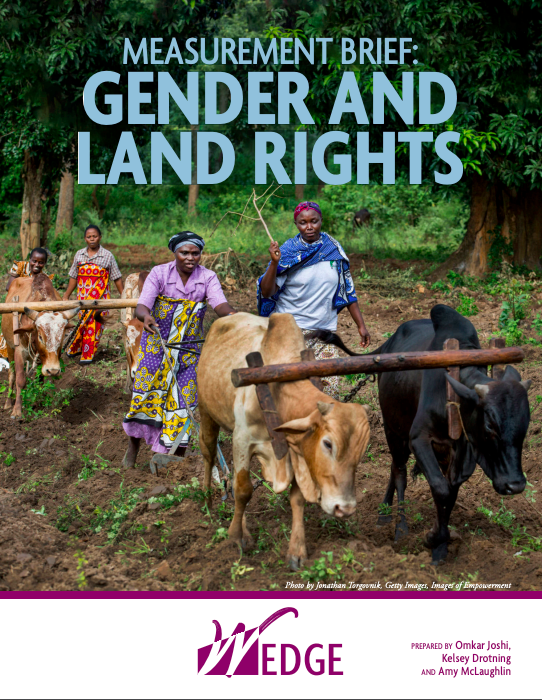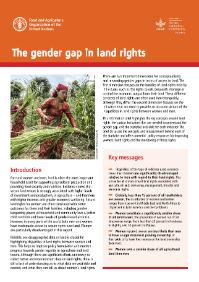Zambia: Private Sector Investment In Security Of Land Tenure. From Piloting Using Technology To National Rollout
ABSTRACT Context and background Zambia has grappled with implementing the land titling from 2017 when it started the piloting of the National Land Titling Programme through the seventh National Development Plan (2017-2021). The implementation started in 2017 with a small pilot project conducted in Lusaka City in areas called Madido and Kamwala.








